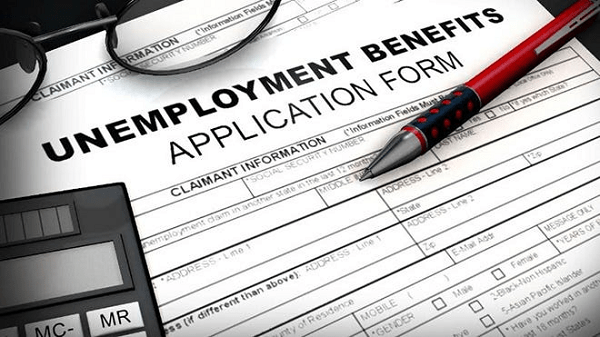2.16.21 – Greater Baton Rouge Business Report

Louisiana hasn’t had to borrow as much money as was feared to keep the state’s unemployment benefits trust fund afloat, but employers still could face higher taxes if a revenue solution isn’t found during the legislative session, officials said today.
As with many states, unprecedented demand during the COVID-19 pandemic sapped the fund Louisiana uses to pay unemployment benefits, causing the Louisiana Workforce Commission to borrow money from the federal government, according to The Center Square.
State officials have borrowed $133 million and haven’t had to borrow since November because state lawmakers were able to find more than $90 million to bolster the fund, says Robert Wooley, assistant secretary with the LWC. The loan from the federal government is debt-free until next month, although Congress is considering pushing back the deadline.
Lawmakers suspended the solvency tax last year that otherwise would be imposed on businesses to pay off the debt. Companies eventually could face a new tax of up to 30% of their regular quarterly contribution to the unemployment trust fund, which the Legislative Fiscal Office calculated as a tax increase of up to $61.6 million on businesses statewide.
That doesn’t include increases to the amount of wages that are taxable, which normally kick in when the fund balance is low. Those measures also were suspended last year.
Officials are uncertain how many businesses survived the pandemic to make their first-quarter payments this year. The LWC also is awaiting a bill from Texas, which is seeking payback for benefits paid to Louisiana residents who work in that state, Wooley said. Once that bill arrives, the state could be back in borrowing mode. Read the full story.
